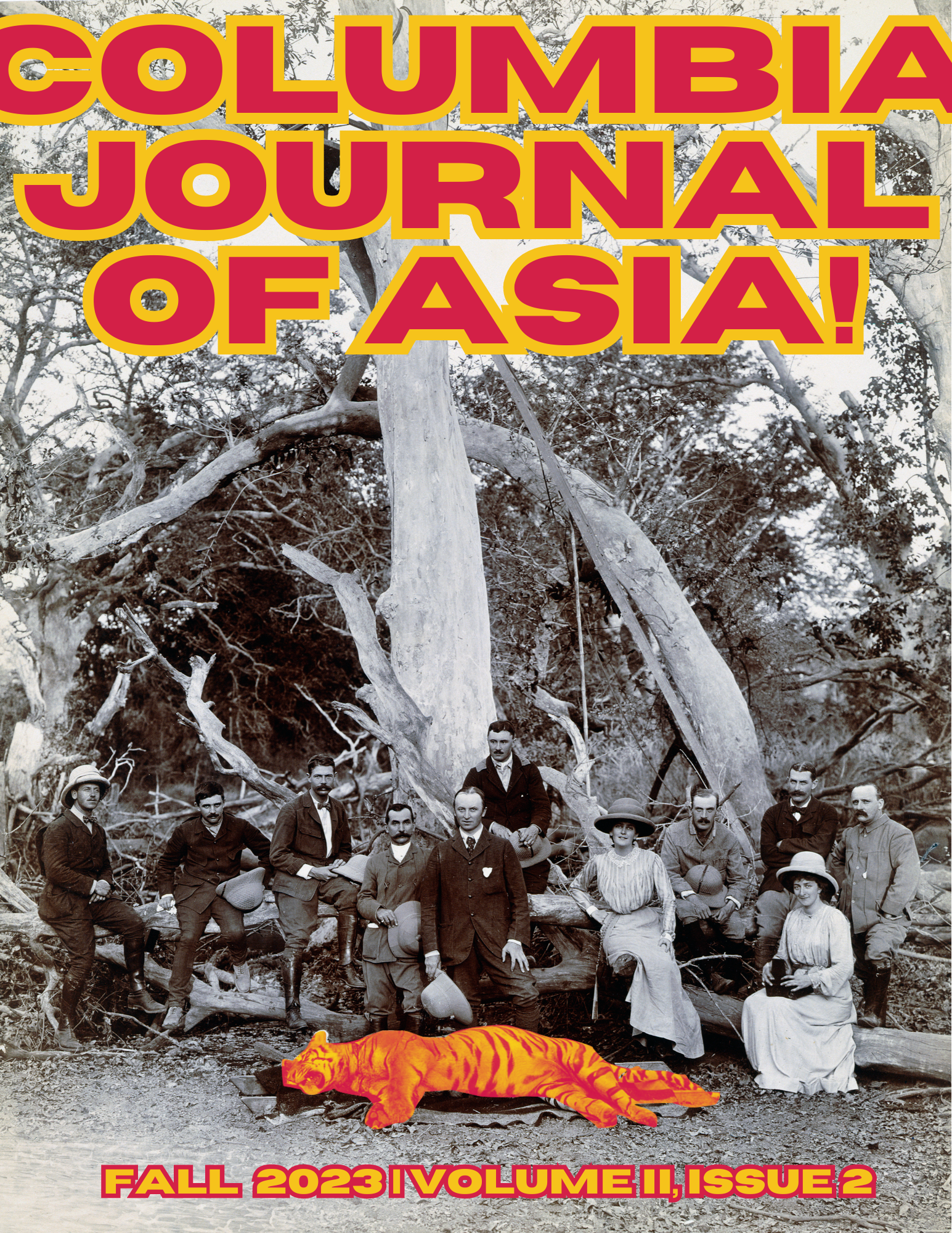الملخص
In this paper, I aim to reappraise the status of Guan Daoshen, one of the most well-known women artists across Chinese art history. Previous scholarship on her and her works has not only been scarce but also limited to her identity as a woman. I attempt to enrich the academic conversation on Guan through an examination of her painting View by the Bamboo and Stream Scroll (竹溪攬勝軸, 1309 b.c.). I argue that she contests the canonical modes to represent bamboo and the established conventions associated with the formats of scrolls. Specifically, the painting illustrates Guan’s innovative interpretation of shu hua tong yuan and obfuscation of the boundaries between hanging scrolls and handscrolls. In conclusion, the innovations presented by this painting broadened the repertoire of Yuan Dynasty literati paintings, which posits her as a significant figure within the genealogy of Chinese art history instead of a mere female counterpart of the male-dominated literati milieu.

